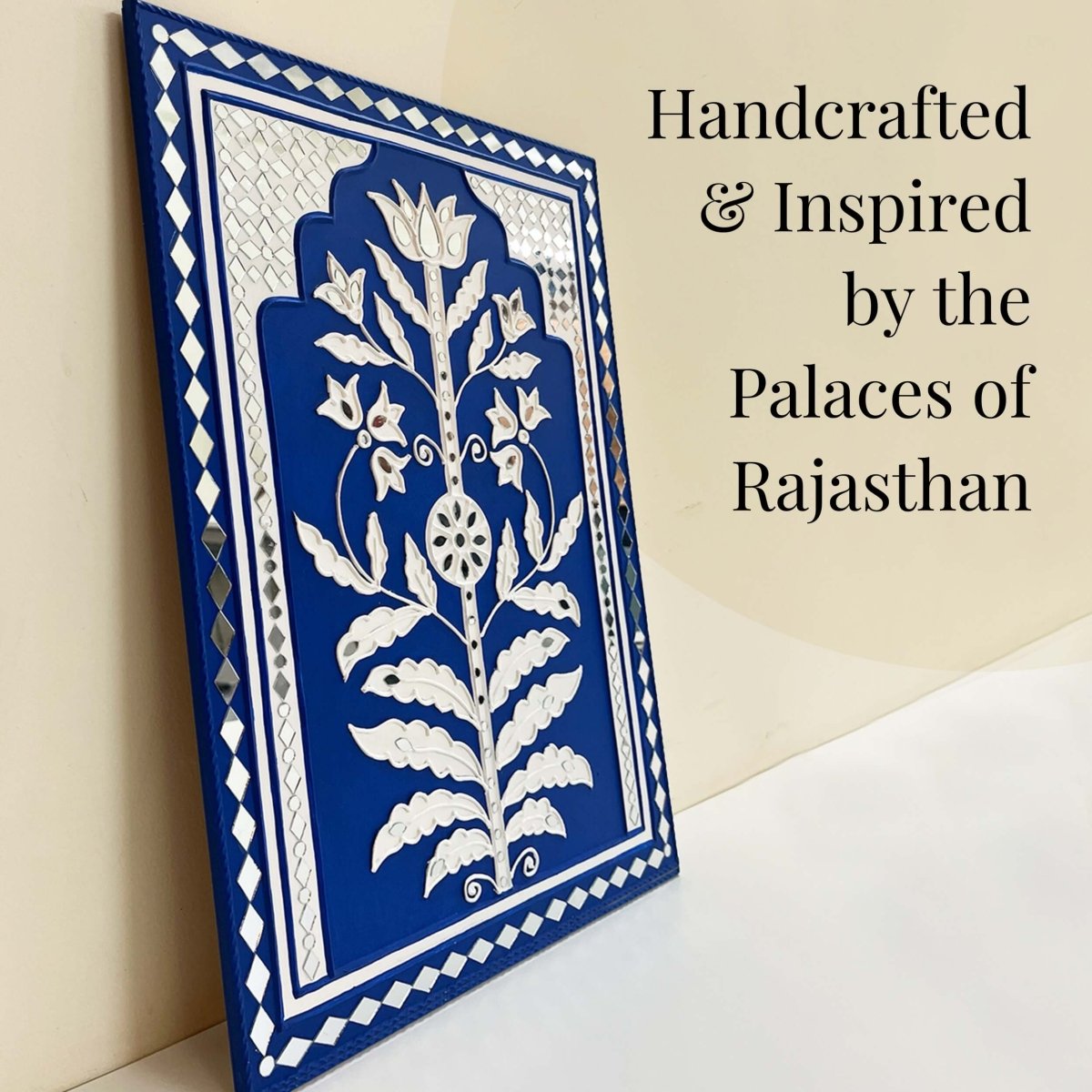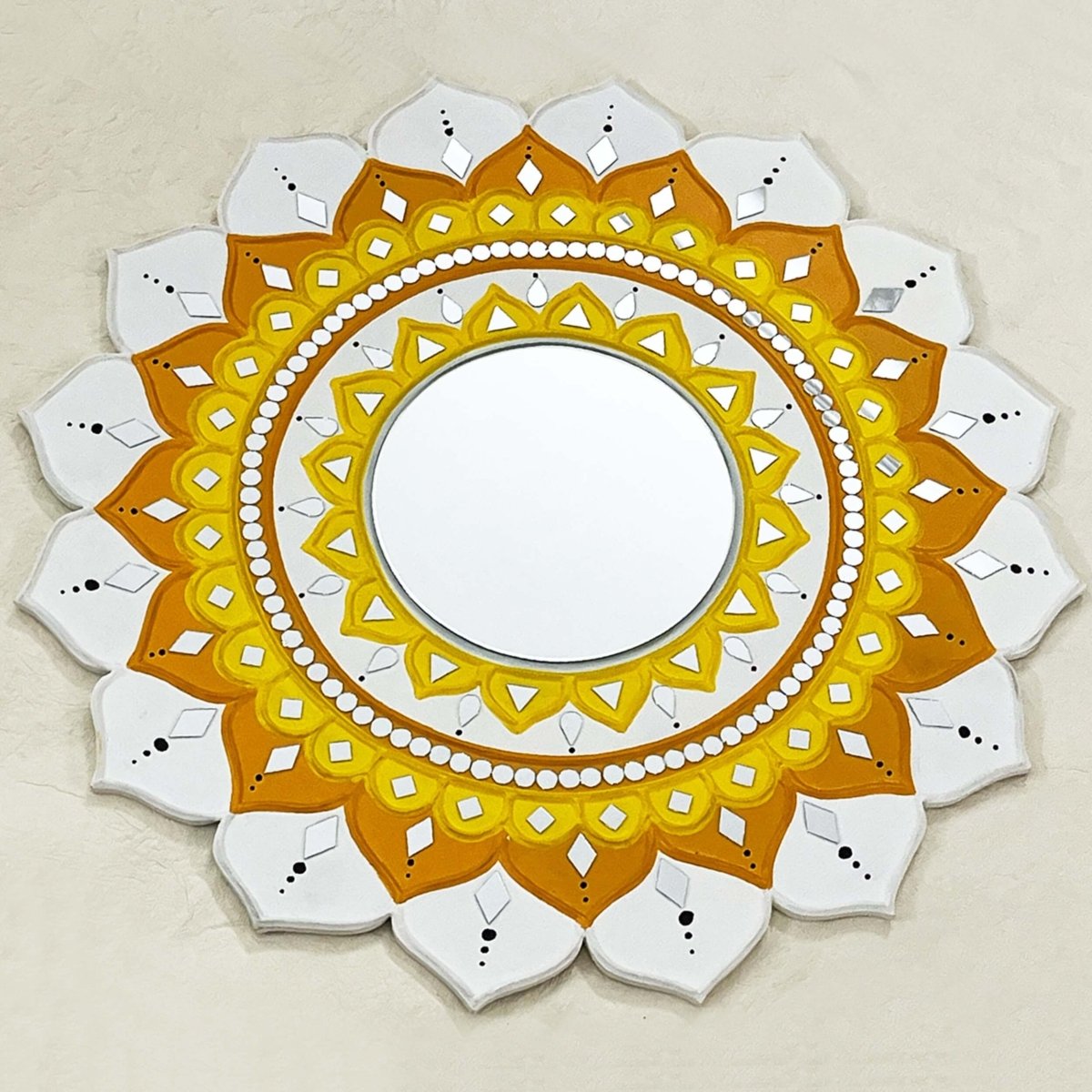Michael Madhusudan Dutt: Bengal’s Literary Rebel
BOOKMARK
The year 1861 saw the publication of a Bengali epic poem that perplexed readers by going against traditional norms, but soon became one of the greatest works in Indian literature. Meghanadavadha Kavya (The Slaying of Meghnad), written by Michael Madhusudan Dutt, upturned the Hindu hierarchy by making a rakshasa his protagonist and the unfair slaying of Ravan’s son, Meghanad, by Lakshman his central theme.
Teary-eyed, Ravana, the love of Mandodari, spoke
again, "Speak, news bearer, I must hear; how did the son of
Dasaratha slay Dasanana's champion scion?"
"How, O world's sovereign," began once more the bearer of bad
tidings, "how, O wealth of Raksasas, can I bear to speak
of that, or you to listen? Ramacandra pounced upon
your son in battle, as the lion, yellow-eyed, with gaze
afire, gnashing wrathfully awful fangs, leaps upon the
nape of a bull's neck! Then all about swelled the waves of war,
like a raucous ocean dueling with the winds! Sabers
flashed, like tips of flames, from amidst ten thousand aligned shields
which resembled smoky billows! Conch shells blared with a roar
like the ocean! What more shall I say, my lord?
(Translated by Clinton B Seely)
In a letter to his friend, Rajnarayan Basu, Dutt admits that “People here grumble that the sympathy of the poet in Meghanad is with the Rakshasas. And that is the real truth. I despise Ram and his rabble but the idea of Ravana elevates and kindles my imagination; he was a grand fellow.”
What’s more, the poem was written in amitraksar chanda or blank verse (unrhyming verse), a style that no Bengali author had attempted until then. This genius was grudgingly recognised by Rabindranath Tagore, who came three decades after Dutt, as something he would never be able to do.
Madhusudan Dutt, born on 25th January 1824, was the only child of Jahnvi Devi and Rajnarayan Dutt, a well-to-do legal practitioner. Like the children of many educated, Westernised Indians, Madhusudan attended Hindu College in Calcutta, where he studied Latin, Greek and English.
– This was a time when Hindu College, under its firebrand teacher Henry Louis Vivian Derozio, gave birth to a group of young intellectuals called ‘Young Bengal.’
These boys were inspired by the spirit of free thought and revolted against the existing social and religious structure of Hindu society. Thus, Madhusudan grew up in a world of culture and debate. It was during his college days that he began his writing career. He greatly admired Wordsworth, Milton, Byron and Shelley and had a fierce ambition to visit England.
However, this exposure also brought a lot of conflict with it. For example, in 1842, when Madhusudan’s parents planned a traditional, arranged marriage for him, he was aghast at the idea. He wrote to his friend, Bysack, “I wish (Oh! I really wish) that somebody would hang me! At the expiration of three months from hence I am to be married—dreadful thoughts! It harrows up my blood and makes my hair stand like quills on the fretful porcupine! My betrothed is the daughter of a rich zemindar—poor girl! What a deal of misery is in store for her in the ever-inexplorable womb of Futurity!”
Soon afterwards, Madhusudan ran away from home and converted to Christianity, possibly motivated at least in part to evade the marriage. While this indeed led to the wedding being cancelled, his new religion also led to his withdrawal from the Hindu College.
A rift developed between him and his father, who stopped funding him. So in 1847, he left Calcutta for Madras, where he, after much difficulty, obtained a teaching position at the Madras Orphan Asylum. Here, the 24-year-old Madhusudan married 17-year-old Rebecca and also changed his name to ‘Michael’. They had four children.
But there was one—a monarch he—
Came not to that high revelrie:
They said he once had sought to gain
That chieftain's daughter but in vain;
And that his slighted love had taught
Hate, deathless, deep and unforgot
(Stanza from The Captive Ladie)
In 1849, Michael Madhusudan Dutt self-published a slim book titled The Captive Ladie. This was his first English publication and it contained two poems. First one, the title poem was about the elopement of Prithviraja, the king of the Delhi region, and the princess of Kanauj. The second short poem Visions of the Past, talks of Adam and Eve and the Fall and the hope for divine grace.
The juxtaposition of the contents of these two poems can be seen as indicative of things to come - a lifelong identity crisis that Dutt was to battle.
– His early compositions were in English, but they were unsuccessful and he turned, reluctantly at first, to Bengali, and found his true voice in his mother tongue.
Dutt's father died in 1855. His mother had passed away several years before that. Because of this, he decided to return to Calcutta but Rebecca and his kids did not join him. Instead, he travelled with a Frenchwoman named Henrietta. Together, they had a daughter and two sons—a fourth child was stillborn—and she remained his lifelong companion. Whether or not she was his legal wife is to this day unconfirmed. Dutt’s seems to have had no further contact with Rebecca.
In Kolkata, he first worked as a clerk at the police court and then as interpreter. He also started writing in various journals.
In 1858, Dutt wrote the Western-style play Sharmistha based on the Mahabharata story of Devayani and Yayati. This was the first-ever original play in Bengali, making Dutt the first Bengali playwright. By his innovations, he removed the stagnation in Bengali literature both in style and content.
In a letter to another friend, Gourdas Basak, Dutt wrote, “In matters literary, old boy, I’m too proud to stand before the world in borrowed clothes.” Dutt first used blank verse in 1860 in the play Padmavati based on a Greek myth, finally freeing Bengali literature from the tight bindings of rhymed verse.
The year 1861, besides Meghanadavadha Kavya, saw the publication of Dutt’s other masterpiece - Virangana Kavya (Heroic Women), where mythical women addressed effects of love, desire, parting and revenge through imaginary letters to their husbands or lovers.
– Dutt’s poems reflected women who were self-conscious and vocal, unlike women who had for ages been deprived, terrified and silent about their feelings.
With these poems, Dutt became a popular name in literary circles as well as in Bengali households. But when he started receiving the recognition and success he so craved, he decided to leave the country. He still had a strong desire to go to England, and had raised enough money to fulfill this goal. In 1862, he applied at Gray’s Inn in London to study law. Interestingly, in an article published in the journal East And West (1995), researchers R Alain Everts and Liu Jian point out that in his application, Dutt cited his age as 31, when in fact he was 38 and a half years old.
Henrietta also joined Dutt, but beset by financial difficulties and facing racial prejudice, they moved to Versailles in France, for it was cheaper to live there than in London.
His life abroad had left him disillusioned with European culture. He wrote to his friend Bysack from France, saying, “If there be any one among us anxious to leave a name behind him, and not pass away into oblivion like a brute, let him devote himself to his mother-tongue. That is his legitimate sphere, his proper element.”
So, after being called to the Bar in 1866, Dutt and his family sailed back to Calcutta. He was accepted as a barrister at the Calcutta High Court, where he practiced law intermittently and with limited success. Life later wasn’t easy and his family lived in virtual penury. Dutt died of illness in 1873.
Michael Madhusudan Dutt was a troubled genius whose audacity and achievements are considerable. While Dutt described himself as a “literary rebel”, his biographer Ghulam Murshid quite correctly called him “the father of modern Bengali poetry”.
In his The Autobiography of an Unknown Indian (1951), writer Nirad C Chaudhuri remarked that during his childhood, a common standard for testing guests' erudition in the Bengali language during family gatherings was to require them to recite the poetry of Dutt, without an accent!









